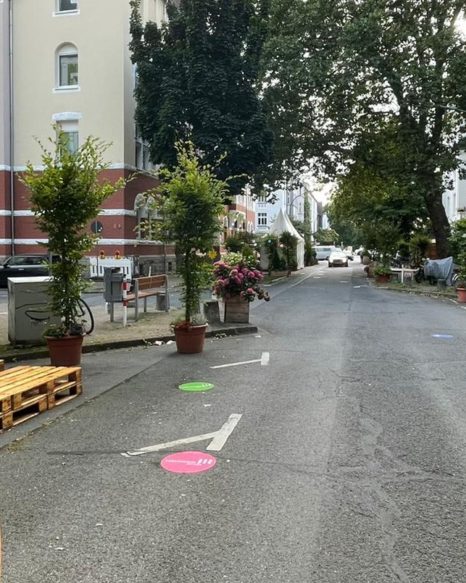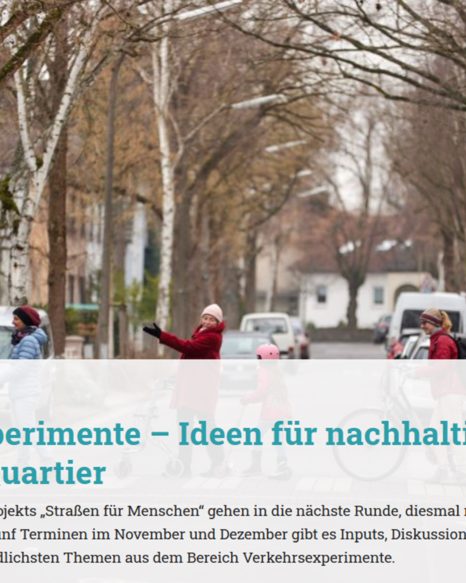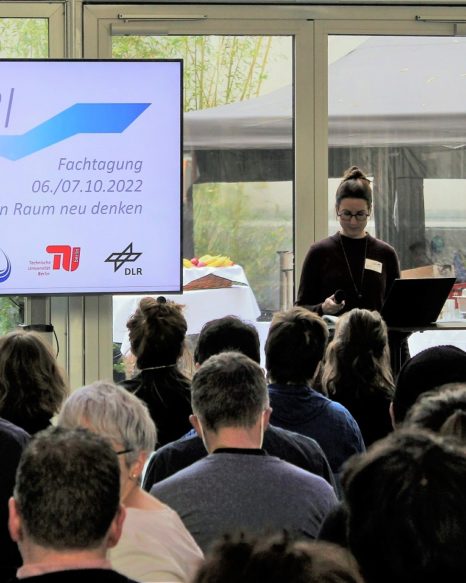Die interdisziplinäre Nachwuchsforschungsgruppe EXPERI lud Akteur*innen aus Forschung, Verwaltung, Stadt- und Mobilitätsplanung, Zivilgesellschaft und Wirtschaft zur Vorstellung der Handlungsempfehlungen ein. Die Verkehrswende erfolgreich umzusetzen, bedeutet auch, die knappe Ressource des...
Who is responsible for the change and what specifically needs to be achieved? The calls for action from scientists and activists are growing louder - on an individual, social and political level. Meanwhile, their position is increasingly under threat, with persecution and headwinds turning the struggles into a battlefield.
Die Klimazeit bietet wöchentlich Hintergrundberichte, ordnet mit Expert*innen neueste Ergebnisse der Klimaforschung ein, erklärt in aufwändigen Grafikanimationen alles Wissenswerte rund ums Klima, hinterfragt Entscheidungen der Politik und zeigt konstruktive Beispiele, was Konsument*innen, Unternehmen und Kommunen für die Rettung des Klimas tun können.
Die Klimazeit bietet wöchentlich Hintergrundberichte, ordnet mit Expert*innen neueste Ergebnisse der Klimaforschung ein, erklärt in aufwändigen Grafikanimationen alles Wissenswerte rund ums Klima, hinterfragt Entscheidungen der Politik und zeigt konstruktive Beispiele, was Konsument*innen, Unternehmen und Kommunen für die Rettung des Klimas tun können.
The first episode takes a look at temporary measures in urban and traffic planning with guests Dr Julia Jarass from the German Aerospace Center (DLR) and Katharina Götting (RIFS Potsdam). Julia Jarass presents the results of the real-world laboratory "Autofreie Sommerstraße Barbarossa", which was carried out in Berlin-Schöneberg in 2021. Katharina Götting reports on the effects of pop-up bike infrastructure, which she studied with her team in Berlin-Kreuzberg.
What do reactive border closures and the de-nationalization of undocumented populations around the world have to do with the climate crisis-mobility nexus?
Real-world experiments have become popular in urban planning and mobility research. But what contribution can they make to a sustainable and equitable transport transition? A new study shows where real-world labs fall short.
Real-world experiments have become popular in urban planning and mobility research. But what contribution can they make to a sustainable and equitable transport transition? A new study shows where real-world labs fall short.
The online seminars of the project "Straßen für Menschen" (Streets for People) start the next round, this time around the topic of traffic experiments. On five dates in November and December, there will be inputs, discussions and best practice examples on a wide variety of topics from the field of traffic experiments.
Organised by the EXPERI research group, the symposium “The Transport Transition: Rethinking Urban Space" opened on 6 October 2022 at Place of Participation – a pop-up venue on Kurfürstendamm – attended by almost 100 guests and the EXPERI team.






